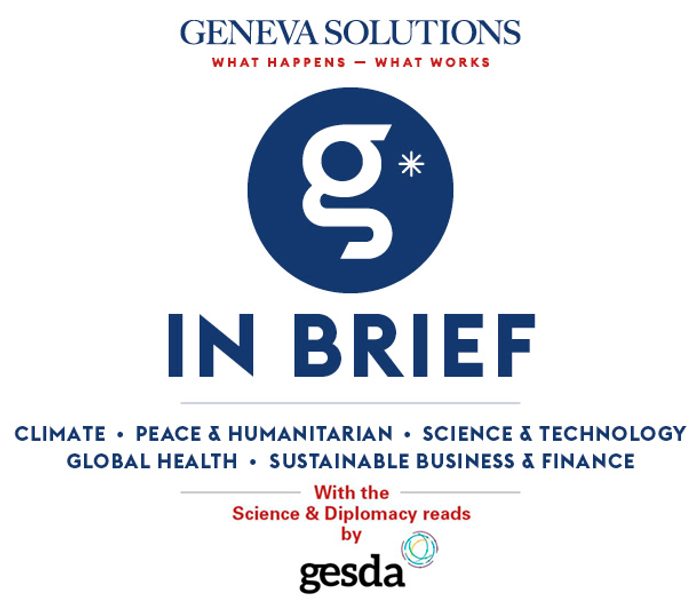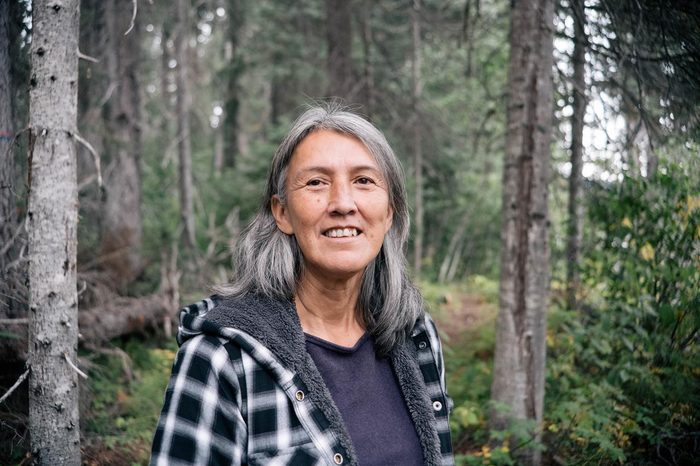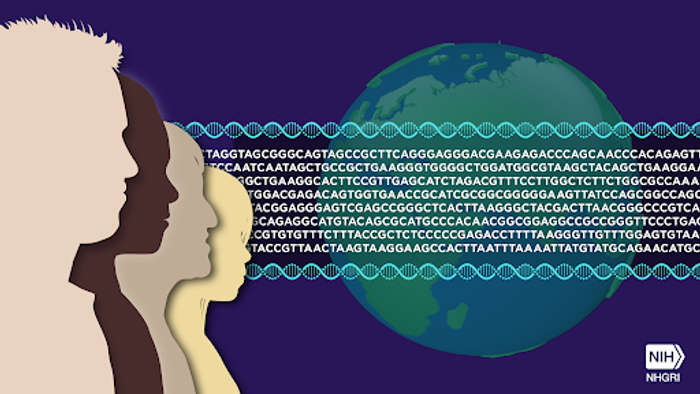|
UK pushes ahead with a major test: sequencing every newborn’s genome to detect diseases.
As an excellent article in Science explains (see below), the project faces practical obstacles, and obviously raises fantastic opportunities but also ethical and practical questions, “including which disease genes to test for and whether testing should be done by default. In fact, an ethics group funded by the US National Institutes of Health (NIH) warned in a 2018 report that the evidence to date "does not support genome-wide sequencing of all babies at birth." The report noted that the health consequences of many mutations are unknown, and many genetic diseases remain untreatable”, writes Science.
“There are massive ethical and cost issues,” also says psychiatric geneticist David Curtis of University College London in the article, explaining that “he is concerned that identifying disease variants that will never make some babies seriously ill will lead to needless testing and family anxiety. He also worries the cost of newborn genome screening – perhaps $900 per baby, or $540m per year– would be too high for the potential payoffs, and notes newborns can’t give consent to storing their genome where it could potentially be accessed by companies”. “That baby, in 18 years’ time, is he going to be happy that somebody took his whole-genome sequence and put it in a database?” Curtis asks.
This raises another question upstream: such wide genome sequencing projects will probably be led mainly in north-western countries, possibly also in Asia, where the technical and financial means exist to do so. Isn’t that creating a bias in the worldwide genomic database regarding other populations on Earth, like in Africa? Less than two per cent of human genomes analysed so far have been those of African people, underlined a recent study published in Cell. That is why capturing the full scope of genetic variations to improve health care, equity and medical research really globally is crucial, insists Ambroise Wonkam, geneticists at Cape Town University, who is one of the leading figures of the Three Milion African Genomes project. He will be one of the distinguished speakers at the 2021 GESDA Summit, to be held next week in Geneva, and merging science and diplomacy or science policy issues.
-Olivier Dessibourg
|










